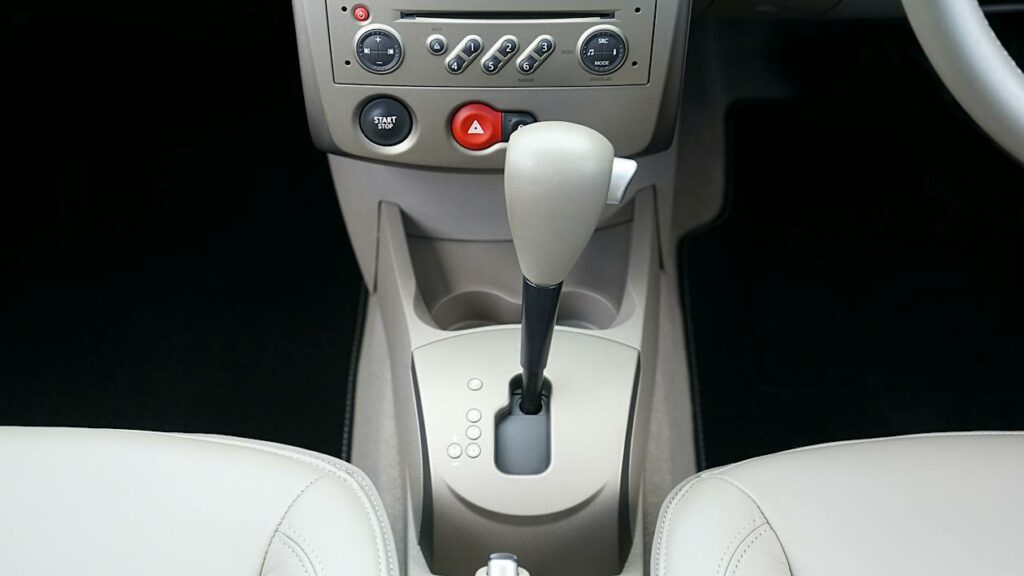
As a car owner, one of the most common concerns is the mileage on your vehicle. Many people wonder if is 250 000 km on a car bad? And reaching 250,000 km is detrimental to their car’s performance and longevity. In this article, we’ll delve into this topic and explore whether 250,000 km on a car is indeed a cause for concern.
Factors to Consider
When evaluating the impact of high mileage on a car, several factors should be taken into account:
Maintenance History
Is 250 000 km on a car bad? A well-maintained car is more likely to withstand higher mileage without significant issues. Regular maintenance, including oil changes, filter replacements, and fluid checks, plays a crucial role in preserving a car’s longevity.

Driving Conditions
Is 250 000 km on a car bad? The type of driving, whether it’s city or highway, can influence a car’s wear and tear. Stop-and-go city driving may result in more rapid wear on certain components compared to long highway cruises.
Brand and Model
Different car brands and models have varying durability and longevity. Some vehicles are renowned for their ability to endure high mileage with minimal issues, while others may struggle to maintain performance past a certain mileage threshold.
Mechanical Wear and Tear
As a car accumulates mileage, various components experience wear and tear. These may include:
Engine Components: Piston rings, valves, and gaskets can wear out over time, affecting performance and fuel efficiency.
Transmission: High mileage can lead to transmission issues, such as slipping, rough shifting, or complete failure.
Suspension and Steering: Components like shocks, struts, and steering linkages may require replacement due to prolonged use.
Signs of Wear
It’s essential to be vigilant for signs of wear and aging in a high-mileage car, such as:
Oil Consumption: Increased oil consumption may indicate engine wear or internal leaks.
Exhaust Smoke: Excessive exhaust smoke, particularly of unusual colors, could be a sign of engine or turbocharger issues.
Suspension Noise: Clunking or creaking noises from the suspension may signal worn components, impacting ride quality and safety.
Mitigating High Mileage Effects
While high mileage can present challenges, proactive measures can help mitigate its impact and extend the life of a high-mileage car:
Regular Maintenance
Adhering to the manufacturer’s maintenance schedule is crucial for preserving a high-mileage car. This includes regular oil changes, filter replacements, and inspections of critical components.
Fluid Changes
Regular fluid changes for the engine, transmission, and differential can prolong the life of these critical components, reducing the likelihood of premature wear and failure.
Timely Repairs
Addressing issues promptly can prevent further damage and extend the car’s longevity. Regular inspections and addressing minor problems before they escalate can make a significant difference in a car’s long-term health.

Enhance Your Vehicle’s Efficiency with a Mileage Blocker Device
Are you looking to maximize your vehicle’s efficiency? If so, a mileage blocker device might be the perfect solution for you. This extraordinary module has the capability to halt the addition of mileage from all control units, and what sets it apart is its untraceable operation. The altered data remains unconditionally untraceable, making it a premium-quality module designed for various useful purposes, including allowing you to test your automobile without the worry of unnecessary miles being displayed on the odometer.
Despite its intended useful purposes, the flawless performance and reliability of mileage blocker devices have led to their utilization for malicious intents, a practice that the producers of these tools do not condone or recommend due to its unethical nature.
One of the greatest advantages of using a mileage blocker device is that the kilometers do not add up spontaneously after the module is removed. However, it’s important to note that the producers do not endorse the unethical usage of this product.
For more information on the benefits of mileage blocker devices, consider visiting SuperKilometerFilter to discover how this technology can optimize your vehicle’s mileage and efficiency.
Conclusion
Is 250 000 km on a car bad? It doesn’t necessarily mean that a car is destined for the scrapyard. With proper maintenance, attention to signs of wear, and timely repairs, a car can continue to provide reliable transportation well beyond this milestone.
In the end, the impact of high mileage on a car depends on various factors, and with conscientious care, a high-mileage car can still offer dependable performance for years to come.
Latest Posts
- 1
- 2
Is Buying a Car with Over 100k Miles a Good Idea?
April 10, 2024 - 3
Why Are High Mileage Cars So Expensive? – A Guide
April 5, 2024 - 4
Where Is The Mileage Located In A Car?
April 3, 2024 - 5
Whats High Mileage in Vehicles?
March 29, 2024 - 6
What’s The Gas Mileage On A Smart Car: A Comprehensive Guide
March 27, 2024 - 7
At What Mileage Should You Sell Your Car?
March 22, 2024 - 8
Should You Buy a Car with Over 100k Miles?
March 20, 2024 - 9
Should You Buy a Car with 100k Miles?
March 15, 2024 - 10
Understanding ODO Meaning in a Car
March 13, 2024








